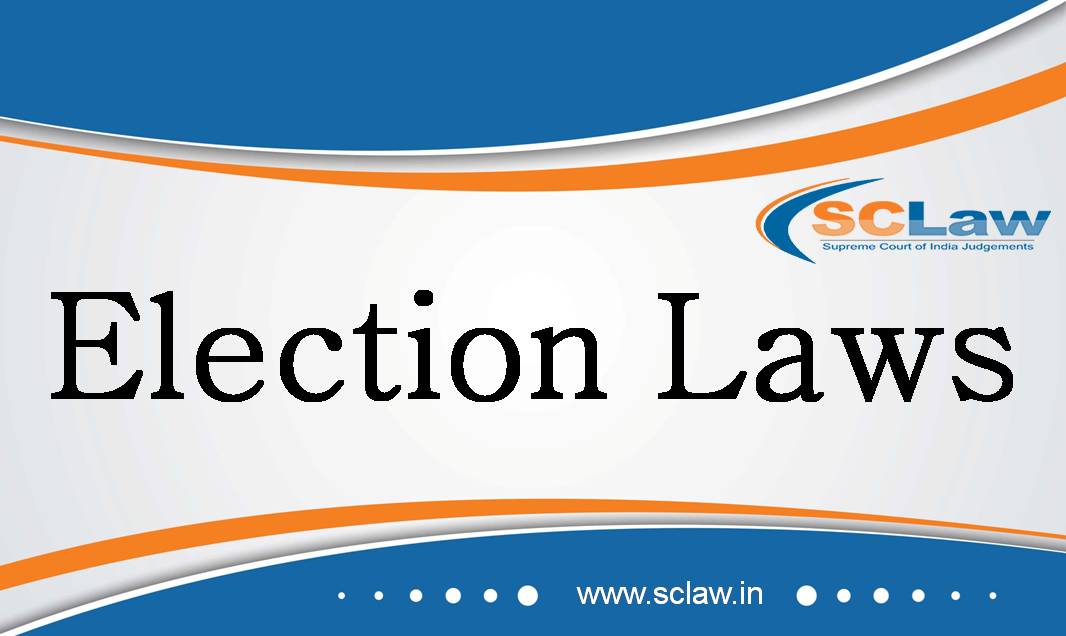Ossification Test Conducted On An Accused Aged Around 40-55 Years Cannot Be Conclusive To Declare Him As A Juvenile On The Date Of The Incident
Since there is a document signed by the appellant much before the date of occurrence, therefore, we are of the opinion that the appellant 7 (2020) 7 SCC 1 cannot…








